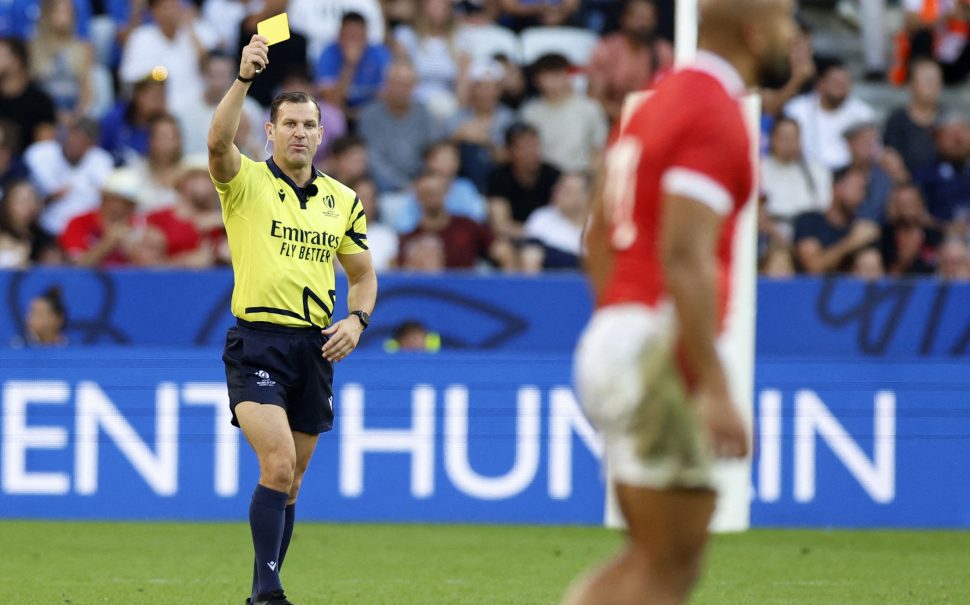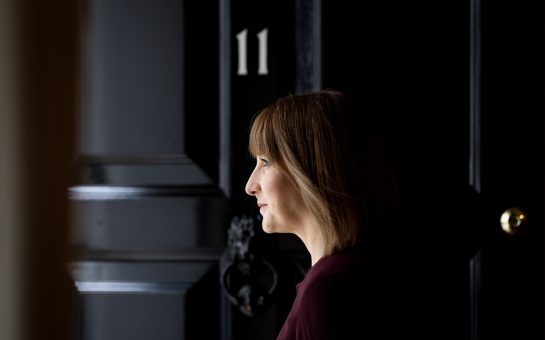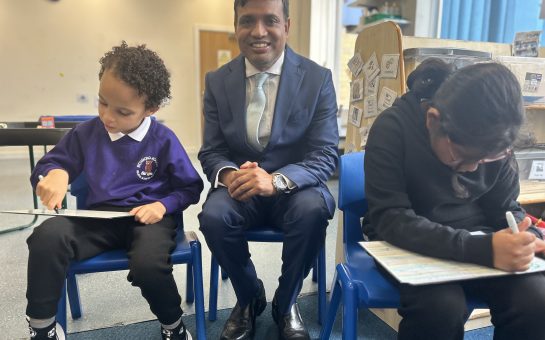Rugby referee Karl Dickson has admitted he was not prepared for the realities of officiating before he took up the whistle.
The former Harlequins scrum-half retired from rugby in 2017 and immediately joined the RFU’s professional match officials team.
The 41-year-old from Salisbury first refereed at international level in 2020 and served as an assistant referee in the Rugby World Cup final last year.
“As a player, as a nine, you try and referee the game you think you’re looking at,” he said.
“But you actually have no idea of what the actual referees go through, what their lifestyles are like, what the behind the scenes looks like, particularly at a professional level.
“It was a massive eye opener for me coming into the game.”
Dickson is one of the stars of a new documentary from World Rugby, Whistleblowers, which followed the match officials team at the Rugby World Cup and is free to watch on RugbyPass.
The former Bedford Blues player was also involved in a dramatic moment during the quarter-finals, when he replaced the injured referee Jaco Peyper midway through a game.
At the premiere of the film, Dickson explained how tries to block out external noise, both during pressure situations in game, and from social abuse post-match.
He said: “It comes with experience and being exposed to these situations, and you come up with your way of dealing with it and almost blocking out that noise, trying to be with your team.
“You can never truly block it all out, you can obviously hear that in the stadium with the fans, the players around you, you feel that pressure, you can hear that pressure.
“But using the experience, you’ve got to try and overcome that and make a decision for the game or the decision you feel is right.
“There’s always going to be times when you do look online. Fans say things and it is in your face, you do see it.
“But, if people can see the film and if we can turn the dial 1%, 2% of the way where people will actually realise this is a real problem in rugby, it might stop those 1, 2, 3 people from saying something.”
The film humanises referees as it details the huge amounts of abuse they receive from social media.
World Rugby monitored 900 accounts during the World Cup and found that 49% of all abuse was directed towards match officials.
For Dickson, he hopes while the film highlights some of the harsh realities for referees, it also shows their passion for rugby.
“From the film, what you get is you see how much we enjoy the game, we love the game, we wouldn’t be part of it if we didn’t,” he explained.
“And I think obviously, the film does show, the negative sides to it, but also just how much love we have for each other and for the game of rugby.




